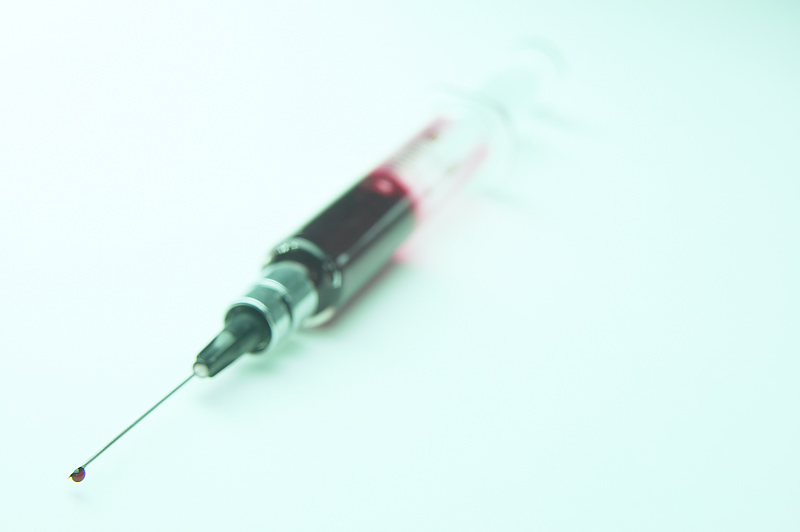THURSDAY, May 5, 2016 (HealthDay News) — People with heart pacemakers and sleep apnea are at much greater risk for a dangerous heart rhythm disorder called atrial fibrillation, a new study suggests.
With sleep apnea, breathing stops or becomes critically shallow during sleep. It’s very common in people with pacemakers. The sleep disorder is a known risk factor for atrial fibrillation, but the risk for pacemaker patients with sleep apnea was unclear, the study authors said.
“In recent years, pacemakers have increasingly become equipped with sleep apnea-monitoring measures, and in using these tools, we were able to identify how pacemaker patients with sleep apnea are at risk for developing atrial fibrillation,” said Dr. Andrea Mazza, from Santa Maria della Stella Hospital in Orvieto, Italy.
“Our results are the first to show that patients with pacemakers and sleep apnea are at a higher risk of developing atrial fibrillation,” Mazza said.
However, the findings did not prove the combination caused an irregular heartbeat.
In the study, more than 150 people were checked for sleep apnea during the first week after receiving a pacemaker.
Over the following eight months, atrial fibrillation occurred in 36 percent of the patients, including 28 percent of those who had no history of the heart rhythm problems, the study found.
Severe sleep apnea was diagnosed in 85 patients, including 56 with no history of atrial fibrillation. Overall, those with severe sleep apnea had a threefold higher risk of atrial fibrillation, but the risk was about sixfold higher among those with no history of atrial fibrillation, the researchers found.
The study was presented Wednesday at the Heart Rhythm Society’s annual meeting, in San Francisco. The research should be viewed as preliminary until published in a peer-reviewed journal.
“Now that we understand the connection, it’s important that patients and doctors, collectively, are more diligent about monitoring for sleep apnea in order to engage in solutions that may prevent the development of atrial fibrillation and, possibly, [blood clots],” Mazza said in a Heart Rhythm Society news release.
More information
The U.S. National Heart, Lung, and Blood Institute has more on atrial fibrillation.
Copyright © 2024 HealthDay. All rights reserved.

